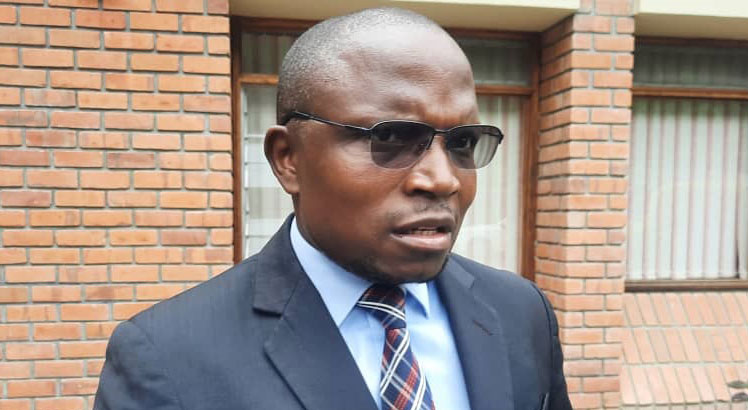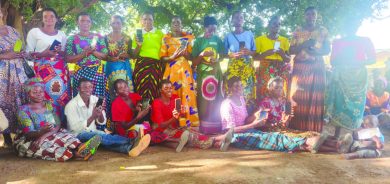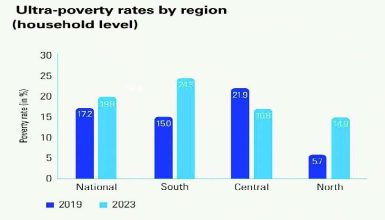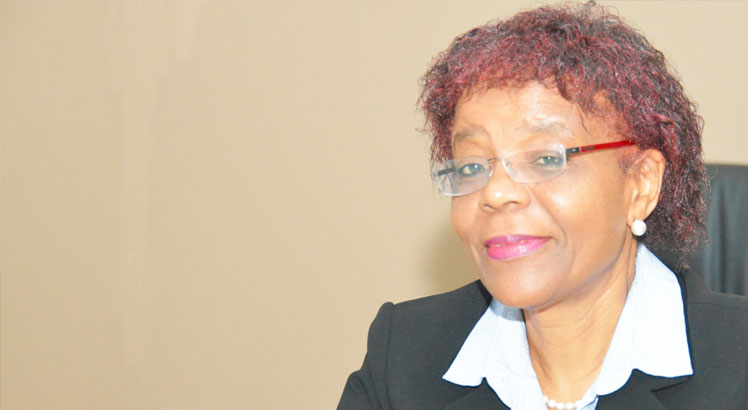MLS tackles sticky issues aheadof 2025 General Election
Malawi Law Society (MLS) held its 2024 annual general meeting (AGM) and conference over the weekend under the theme ‘Interrogating the Malawi Electoral System Towards 2025 General Election’. During the event delegates assessed and evaluated the readiness of the legal framework and electoral system and recommended improvements ahead of time if the September 16 2025 General Election is to deliver the constitutionally expressed collective will of Malawians to be a developed nation under the rule of law. Our News Analyst LUCKY MKANDAWIRE engages MLS president PATRICK MPAKA to discuss some key issues raised during the gathering. Excerpts:

The 2024 annual general meeting and conference touched on so many sticky issues ahead of the 2025 General Election, why was this theme critical at this point?
It was necessary to examine that theme in order to see what contribution the legal profession can make ahead of time to lead to meaningful elections in 2025 considering that the legal profession has a legal duty to protect the public interest on matters of law and elections are conducted following legal dictates in the Constitution, the Presidential and Parliamentary Elections Act and Court pronouncements on these electoral laws.
As a profession entrusted with the stewardship of the law, what role does the society have in making Malaw’s rule of law compliant ahead of the 2025 General Election?
The legal profession generally and the Malawi Law Society in particular is designed to serve the public as its primary objective. So, we have a role to guide the nation on the legal framework for the lawful conduct of General Elections in 2025 or beyond.
In your speech at the conference, you said our five-year electoral cycle is a national strategy to facilitate the escape of the voters from various difficulties they are facing, what was the feeling of the AGM on this national strategy?
Yes, in saying that, I was actually quoting from the Supreme Court pronouncement in 2020 when the seven Justices of Appeal collectively said in their submission: “Elections define the roadmap and the lifeline of a society, in that the elected few become responsible for the welfare and the wellbeing of the rest of the society”. So, the question I was raising for the conference is: Do our elected few realise this responsibility they have to the electorate? From the evidence on the ground regarding the level of our development as a nation we say that elections in Malawi are for the benefit of the voters or the voted? As a profession and indeed as citizens we need to be asking these kind of questions in order to see how best we can contribute to bettering the purpose of elections since, as the chairperson of the Electoral Commission said, elections is not an event that happens on the polling day but the life we live afterwards.
Malawians have engaged this strategy for six times [1994, 1999, 2004, 2009, 2014, 2019 and 2020]. Thirty years down the line, where are we?
There is no doubt that there is plenty room for improvement if we consider that elections, according to the Supreme Court, define the roadmap and the lifeline of a society and that the elected few become responsible for the welfare and the wellbeing of the rest of the society. A lifeline is a thing on which someone or something depends or which provides a means of escape from a difficult situation. A roadmap is a plan or strategy intended to achieve a particular goal. Welfare means the health, happiness, and fortunes of a person or group or it means a procedure or social effort designed to promote the basic physical and material well-being of people in need. And of course wellbeing means the state of being comfortable, healthy, or happy. Can we say that as a nation we have fully achieved these for the ordinary people after 30 years of employing the strategy for seven times?
The AGM discussed some solutions to inefficiencies in the electoral system, could you share some of them?
We are likely to release a comprehensive public statement on this as we usually do after a conference on topical public interest issues and it is unlikely to be a short statement but one of the key issues that was raised was that as professionals we have a duty to guide the nation on the main issues and considerations that really matter because we are entrusted with knowledge and understanding of issues and we can help to guide public discourse on such core issues ahead of elections so that people can make well informed decisions when choosing their leaders. This responsibility is not limited to the legal profession only but also the other professions and there was a specific call from the Electoral Commission to this effect.
What other comments do you have on interrogating the Malawi Electoral System towards 2025 General Election?
There is need for sustained vigilance by the electorate. Professional bodies, civil society, the media and other players with electoral information and knowledge of the real purpose of elections have a civic duty to guide the nation as early as possible on the key issues and significance of the 2025 General Election to ensure electoral integrity, inclusion and resultant positive impact in the welfare and the wellbeing of the rest of the society. We should all strive to reverse the apparent trend that the elected few and their cronies feel that their welfare and wellbeing becomes a priority after elections. It’s the other way round, according to the Supreme Court pronouncement I quoted at the Conference. It is our collective responsibility to make this message clear and unequivocal to those who intend to lead us.





